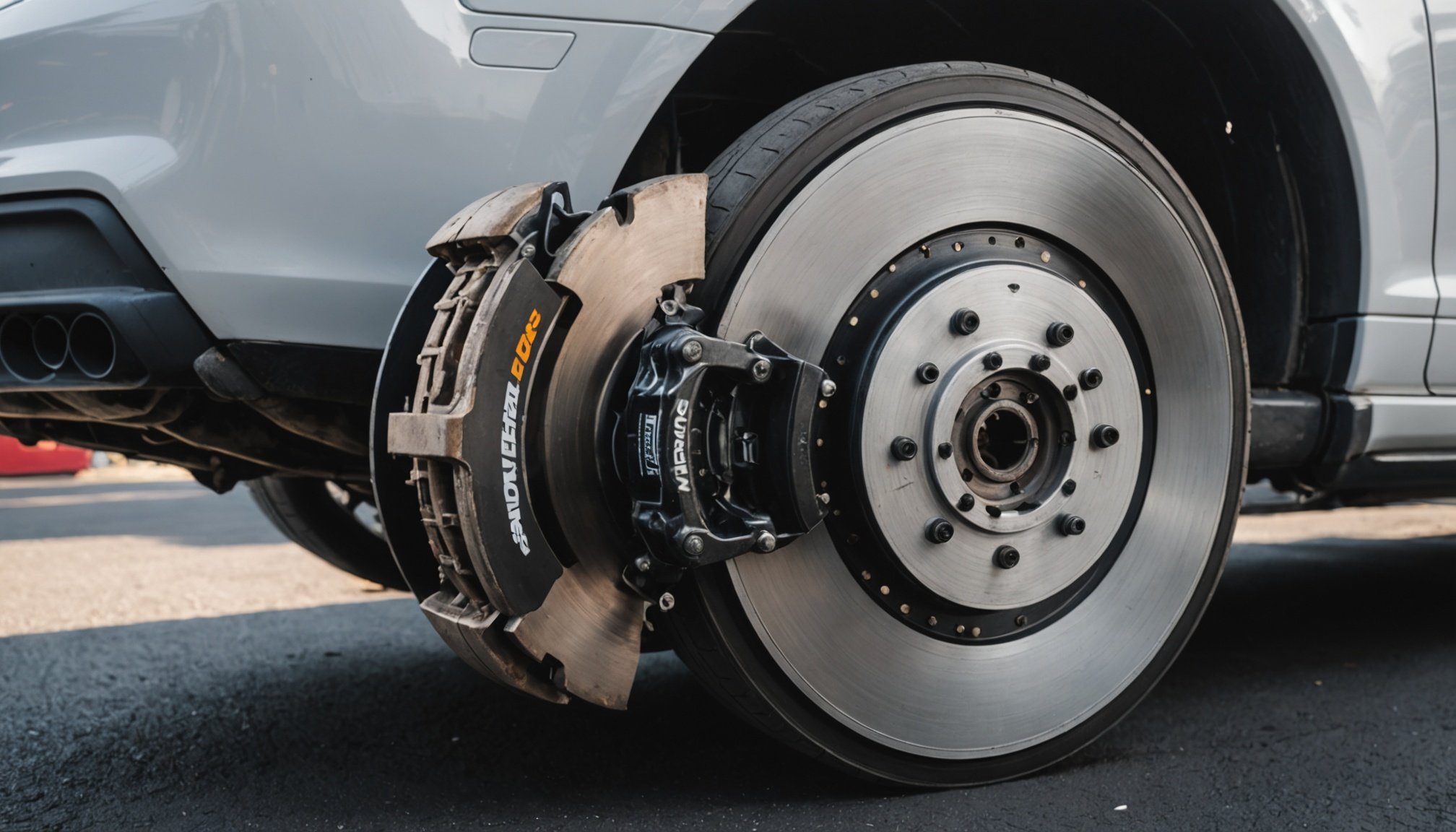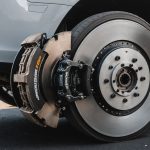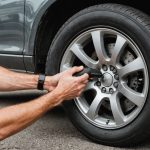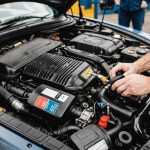When it comes to vehicle safety, few systems are as critical as the braking system. Your car’s brakes are not just a component of your vehicle; they are a vital mechanism that allows you to stop safely and effectively. A well-maintained braking system ensures not only your safety but also the safety of others on the road. This article will delve into the importance of keeping your vehicle’s brakes in good condition, focusing on various aspects such as maintenance, performance, and the overall safety of your driving experience.
Understanding the Components of Your Braking System
To appreciate the importance of maintaining your vehicle’s brakes, it’s essential to understand how the braking system operates. A typical braking system consists of several key components: brake pads, rotors, calipers, and brake fluid. Each of these parts plays a crucial role in the performance of your brakes.
Have you seen this : How can I utilize online resources to stay updated on vehicle safety recalls?
Brake pads are the components that make direct contact with the rotors to create the necessary friction for stopping your vehicle. Over time, brake pads can wear down due to consistent use, leading to decreased braking power. It’s wise to inspect and replace your brake pads regularly, especially if you hear squeaking or grinding noises while driving.
The rotors are the flat metal discs that the brake pads clamp down on. If the pads wear too thin, they can damage the rotors, leading to costly repairs. Keeping an eye on rotor condition can save you a lot of money in the long run.
In the same genre : How does tire pressure affect my vehicle’s safety and handling?
Calipers are the mechanisms that house the brake pads. They apply pressure to the pads, allowing them to engage with the rotors to slow down or stop the vehicle. If the calipers are malfunctioning, it can lead to uneven braking and a compromised safety system.
Finally, brake fluid is essential for the hydraulic systems that power the brakes. If your brake fluid is low or contaminated, it can drastically affect braking performance. Regular inspections of your brake fluid levels can help you maintain optimal performance.
Understanding these components helps underline the necessity of regular maintenance. Neglecting any part of your braking system can lead to serious safety risks while driving.
The Consequences of Neglecting Brake Maintenance
Neglecting your vehicle’s brake maintenance can have dire consequences. When you fail to keep your brakes in good condition, you not only risk your safety but also the safety of other drivers and pedestrians.
One of the first signs that your brakes need attention is reduced performance. You might notice longer stopping distances, or the brakes may feel soft when you press the pedal. Such changes can lead to potential accidents, especially in emergency situations where every fraction of a second counts. If your brakes cannot engage effectively, you might find yourself in a precarious driving situation.
Moreover, ignoring problems can lead to more extensive repairs. For example, worn-out brake pads can damage the rotors, leading to the need for rotor replacement, which is more expensive than simply replacing the pads. This cascading effect of neglect illustrates how important routine service and inspection are for your braking system.
Additionally, if you are driving with inadequate brakes, you may face legal repercussions if involved in an accident. Authorities may hold you accountable for negligence if they determine that poor brake maintenance contributed to the incident. This can lead to hefty fines and increased insurance premiums.
In terms of performance, poorly maintained brakes can also affect your vehicle’s overall operation. If your car’s braking system is compromised, it could lead to uneven wear on tires and other related components, further decreasing driving efficiency. The financial implications of neglected brake maintenance can be substantial, underscoring the need for regular checks.
Signs Your Brakes Need Immediate Attention
Being aware of the signs that indicate your brakes need immediate attention can be a matter of safety for you and your passengers. Here are several key indicators you should look out for:
-
Squeaking or Grinding Noises: If you hear squeaking or grinding sounds when braking, it often indicates that the brake pads are worn out and need replacing. Ignoring these sounds can lead to damage to the rotors.
-
Soft or Spongy Brake Pedal: A brake pedal that feels soft or spongy when pressed could signify air in the brake lines or low brake fluid levels. Either condition requires immediate attention to avoid brake failure.
-
Pulling to One Side: If your vehicle pulls to one side when braking, it may indicate that one side’s brakes are more worn than the other or that there is a problem with your brake fluid distribution. This situation can drastically affect your vehicle’s handling and safety.
-
Vibration in the Brake Pedal: If you feel a vibration or pulsating sensation when you press the brake pedal, it could indicate warped rotors or a problem with the brake system. This requires a professional inspection.
-
Warning Lights: Most modern vehicles are equipped with a warning light that illuminates when there is an issue with the braking system. If you see this warning light, you should have your vehicle inspected as soon as possible.
Paying attention to these signs and responding promptly can prevent minor issues from becoming significant safety risks and costly repairs. If you notice any of these symptoms, prioritizing an immediate inspection of your vehicle’s brakes is crucial.
Best Practices for Brake Maintenance
Maintaining your vehicle’s brakes doesn’t have to be complicated. Here are some best practices you can follow to ensure your braking system remains in top shape:
-
Regular Inspections: Schedule routine brake inspections as part of your vehicle’s service schedule. Having a professional check your brakes regularly can help identify potential issues before they escalate into major problems.
-
Monitor Brake Fluid Levels: Keep an eye on your brake fluid levels and check for any signs of leaks. If you notice that your fluid is low, top it up or have it checked by a professional to ensure there are no underlying issues.
-
Listen for Unusual Sounds: Make a habit of listening for any unusual sounds when you apply the brakes. Promptly address any noises, as they can indicate wear or damage.
-
Avoid Aggressive Driving: Driving habits can significantly impact your brake wear. Avoiding aggressive driving, such as hard stops or rapid acceleration, can prolong the life of your brake pads and overall system.
-
Replace Brake Pads When Necessary: Always replace your brake pads when they show signs of wear. It’s more cost-effective to replace pads than to wait and replace rotors or other components.
By implementing these practices, you can ensure that your vehicle’s brakes remain effective, enhancing both your safety and that of others on the road. Regular maintenance not only saves you money in the long run but also helps maintain optimal vehicle performance.
In conclusion, understanding the importance of keeping your vehicle’s brakes in good condition cannot be overstated. A well-functioning braking system is crucial for ensuring safety on the road. By recognizing the components of your braking system, being aware of the signs that indicate wear or failure, and practicing regular maintenance, you can prolong the life of your brakes and enhance your driving experience.
Do not underestimate the role of your vehicle’s brakes in your overall safety while driving. Make it a priority to maintain them properly and respond to any signs of trouble promptly. By doing so, you will not only improve your vehicle’s performance but also contribute to safer roads for everyone.











